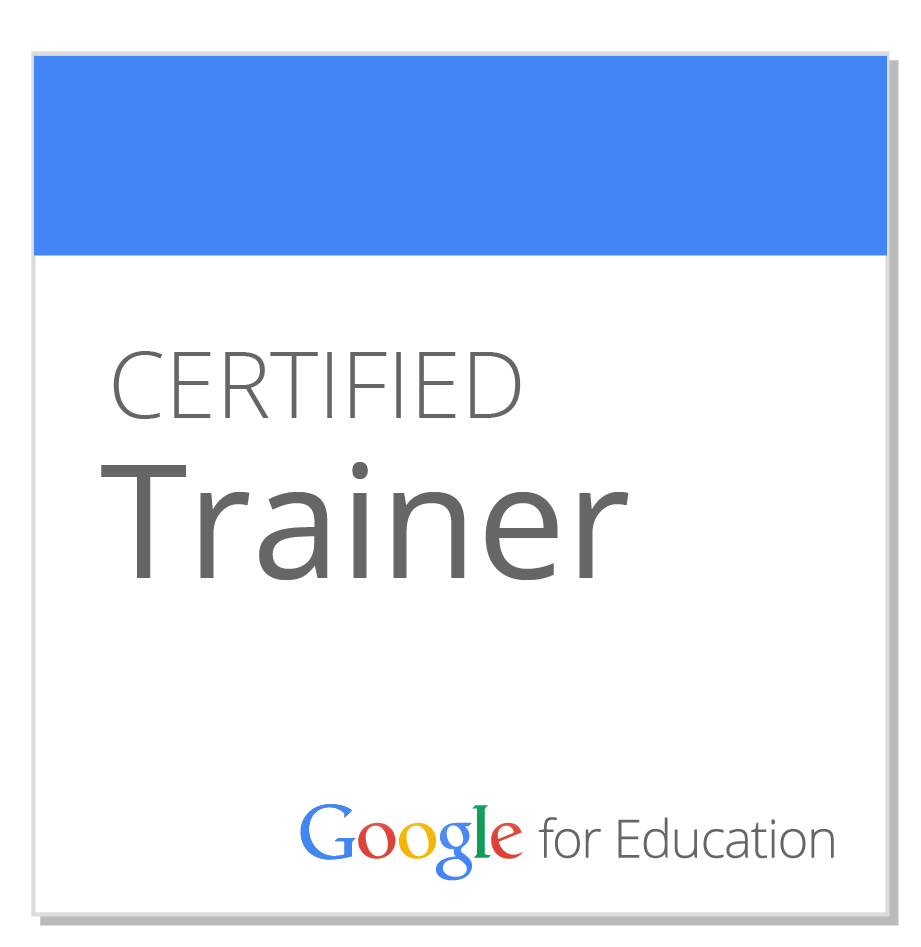Our break meant that others were already forging ahead with remote instruction before we even began. It meant that BC would have the opportunity to learn from other people who were already knee-deep?... chest-deep?... over their heads?... in the reality of what remote learning might look like for their respective communities. Educators across Twitter and other social media feeds were already sharing their work and thinking widely. From shouts of problematic inequities for families to development of best-practice philosophies during crisis teaching, it was all already out there. While we had our own fish to fry in each of our BC districts and school communities, those problems would hypothetically be smaller in scope: we didn't have to reinvent the wheel, because that work was already out there in the open. But...
No amount of powerful philosophy, guiding documents, or support from leadership could strip away the complex emotions within the work we did this week.
In my district, we have been given a broad runway to get things going with remote learning. With a brilliant focus on "connection," educators of all walks - teachers, educational assistants, youth care workers - were all tasked with phoning the families of their students to check in with them. Our goal was, first and foremost, to find out if everyone was doing okay, but also to identify any inequities that might be experienced in the home: parents who are essential service workers and who require childcare, families who lost income who may need basic support with groceries or bills, families who had a lack of devices or access to the internet, etc. The following week (this upcoming week), is intended as a week to plan, collaborate, and to get a framework up and running for your families to access. Then, after Easter, remote instruction officially begins.
I had seen so many other educators share about these experiences we were about to go through. While I didn't think I was immune from the emotion, I was certainly prepared for it because of what I read from others... right? By the way, I'm probably not going to say anything new here that hasn't already been sad. However, it's important that our community in BC processes this experience together, just as others have been able to in other parts of the world.
| The only word that completely harnesses my experience in talking to families and students this week was rollercoaster. I was up and down emotionally as I went through this process, completely overjoyed to be connecting with parents and students alike, but also completely devastated as I knew that I may not see them again in the familiar learning spaces we once shared together. I dialed every number with trepidation: what might they expect from us as educators? Will I find the right balance for this family? If they're not okay, how can I best support them in my role? |
After I was done my calls, I wrote a thread on Twitter that I thought had captured some of my feelings, but it didn't fully do the trick. I was emotionally exhausted from the balancing the joy of community support we were receiving with the grief of losing this special time with my class.
In the end, I took all day Saturday to decompress, thinking of nothing professionally, and my "breakdown" for the day consisted of a 4 hour midday nap. I'm okay now, but I know another emotional workweek lies ahead and no matter what I read, hear, or see, I'm not going to be able to stop that.
Let's feel through this. Bring it on.










 RSS Feed
RSS Feed
